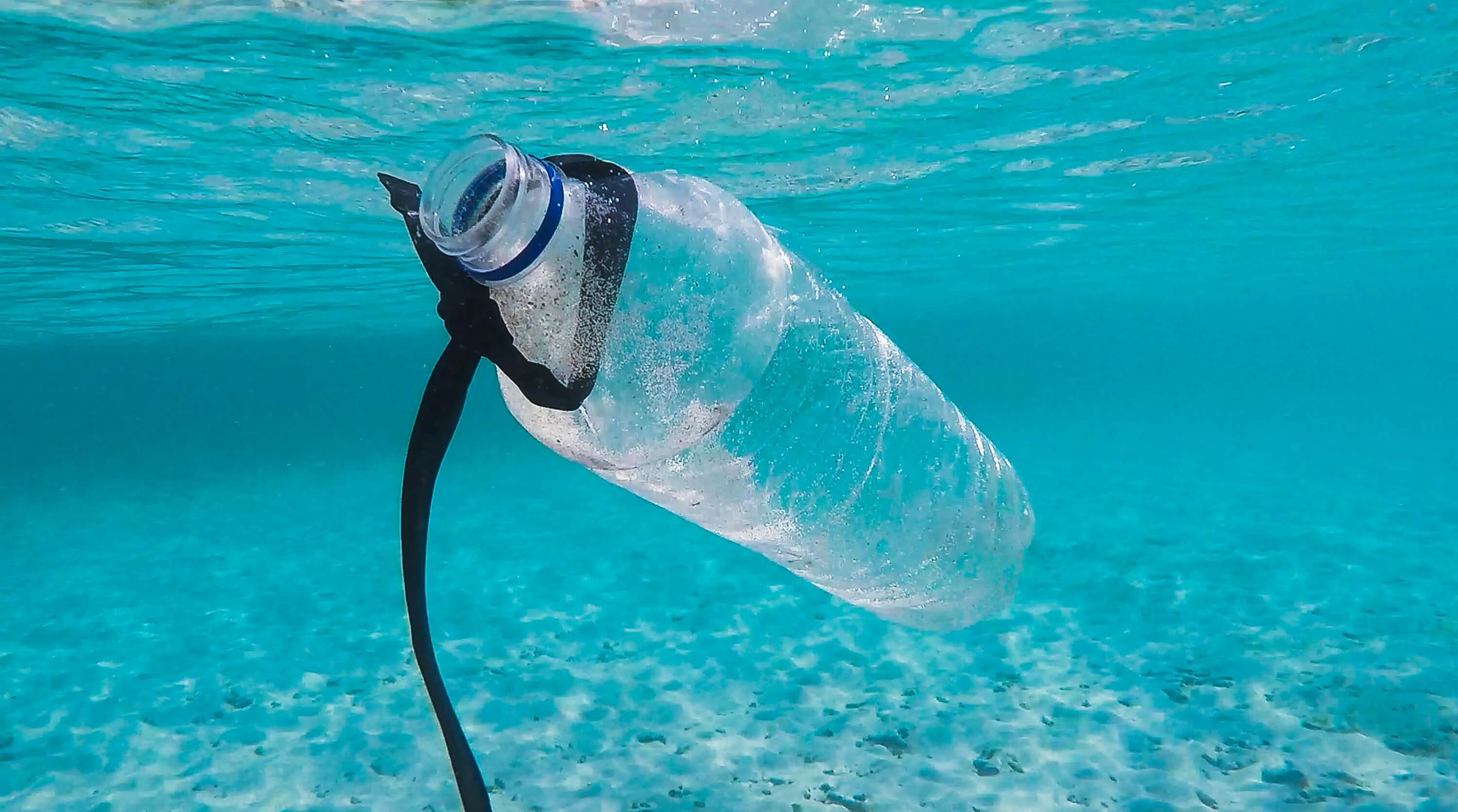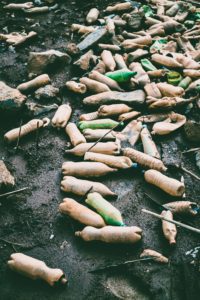
17 Dec Imagine No More Plastic Bags Polluting the Earth
Plastic bags have been in use for a while until recently; this type of bags are quite detrimental to the environment, thus, necessary measures have been put in place to reduce or cut-off its use. In some countries, there are laws prohibiting the use of these bags, while in other countries, some measures have been adopted in ensuring that these bags don’t pose any harm to the environment. The harm plastic bags causes on our environment is quite massive, these bags are slowly taking over our water bodies, endangering fishes and other aquatic animals in the process. There are several plastic materials present in various water bodies, and if such a trend continues, thousands of aquatic animals, fishes especially, could die. We could also be affected because we consume fishes who mistake these poisonous plastic bags as food. Can there be a time where there are no more plastic bags in circulation? Of course, this is very possible; by enlightening the public about the harm plastic bags causes to the eco-system, we can slowly stop the use of plastic bags. There are other better alternatives, for example, the paper bag.
The paper bag is a bag that is made from kraft paper. Paper bags are eco-friendly, they are affordable and also reusable. Unlike plastic bags, paper bags are biodegradable. In some countries, paper bags are used to replace the use of plastic bags and individuals seen using it will be sanctioned. We can actually live in a world of no plastic bags and save our eco-system, and we can do this by embracing the use of paper bags, amongst other eco-friendly alternatives.
Some addictive are used in the production of plastics, and because of this, plastics tend to have a huge effect that could be carcinogenic or could promote the disruption of endocrine. Through biomonitoring, the chemicals present in plastic bags (or plastics in general), that is chemicals like BPA and phthalates, have been observed in the human populace. These bags endanger the environment in several ways. These bags enter the soil and gradually release toxic chemicals. They eventually disintegrate in the soil, with the unfortunate outcome being that they are consumed by animals who often choke and die. Once aquatic animals ingest it, they can’t be digested so they remain in the gut. In selecting between paper or plastic bags, one should be aware of the damage it inflicts on our environment and stops its use.
Plastic bags also cause several waste issues. These bags go through a process known as photodegradation; in this process, they disintegrate into smaller toxic particles. These parties then pollute the soil and water and they tend to enter the food chain when animals mistakenly consume them. Polythene bags are quite dangerous, these bags can cause the death of cattle like cows when ingested by them. Polythene bags are also the reason why several drainage systems get blocked. Plastics take many years to decompose. Jute bags consist of natural, biodegradable materials. They aren’t harmful to the environment. Jute bags also do not release any harmful substances into the environment during their process of disintegration. Immediately polythene is utilized, they somehow always find their way to the beach, streets, including waterways. They litter everywhere. Also, when plastics are burned, they release toxic fumes and pollute the air.
 Marine animals consume plastic bags, thinking they are food and die. Even after the bodies of these animals decompose, the plastic remains intact, and this could hurt other animals who ingest them. Plastic bags are slightly not biodegradable because they don’t tend to decompose during the life span of human lives. Polythene bags normally disintegrate into little particles that look like plankton, one of the primary meals of aquatic animals. Generally, plastics decompose in approximately 500-1000 years, though, we may not really know the correct decomposition time, because plastic bags have been in use since the last hundred years. During the manufacturing of plastic bags, several chemicals are given off that can result in lots of harmful diseases in humans including other animals. Xylene, ethylene, including benzene, are some of the harmful chemicals that you find in plastics, and they can have a terrible effect on the environment. They aren’t quite easy to dispose of, and these bags can harm living things permanently. Additives found in plastic bags like phthalates, adipates, and alkylphenols, are well-known toxic materials. Vinyl chloride, which is utilized in manufacturing PVC pipes, is classified as a carcinogen. The toxic chemicals that are released during the manufacturing process of plastic bags is another significant source of the obnoxious effect it have on the environment. Several carcinogenic, neurotoxic, and hormone-disruptive chemicals are standard ingredients and waste products of plastic production, and they somehow find their way into the ecology via land, water, and air pollution.
Marine animals consume plastic bags, thinking they are food and die. Even after the bodies of these animals decompose, the plastic remains intact, and this could hurt other animals who ingest them. Plastic bags are slightly not biodegradable because they don’t tend to decompose during the life span of human lives. Polythene bags normally disintegrate into little particles that look like plankton, one of the primary meals of aquatic animals. Generally, plastics decompose in approximately 500-1000 years, though, we may not really know the correct decomposition time, because plastic bags have been in use since the last hundred years. During the manufacturing of plastic bags, several chemicals are given off that can result in lots of harmful diseases in humans including other animals. Xylene, ethylene, including benzene, are some of the harmful chemicals that you find in plastics, and they can have a terrible effect on the environment. They aren’t quite easy to dispose of, and these bags can harm living things permanently. Additives found in plastic bags like phthalates, adipates, and alkylphenols, are well-known toxic materials. Vinyl chloride, which is utilized in manufacturing PVC pipes, is classified as a carcinogen. The toxic chemicals that are released during the manufacturing process of plastic bags is another significant source of the obnoxious effect it have on the environment. Several carcinogenic, neurotoxic, and hormone-disruptive chemicals are standard ingredients and waste products of plastic production, and they somehow find their way into the ecology via land, water, and air pollution.
Plastic bags vs. paper bags
The recent move by New York to stop the single-use of plastic bags from retail stores makes it a perfect time to revisit the favorite question of everyone: paper vs. plastic? Unfortunately, we don’t have a simple answer regarding whether paper bags or plastic bags are better for the environment. The use of paper or plastic bags both come with various downsides, but there are some lessons you have to remember when visiting the grocery stores.
Plastic bags take several years to decompose can make a terrible waste problem even though they are not regarded as the largest source of plastic waste in America. On the other hand, paper bags normally require excess energy including greenhouse gas emissions to produce, which isn’t cool from a global warming point of view. Reusable bags can be a good compromise, given that you hold on to them and utilize them always. Eventually. Though, what you place in the bag, especially your food, will matter a lot more for the environment than the type of bag you adopt.

No Comments